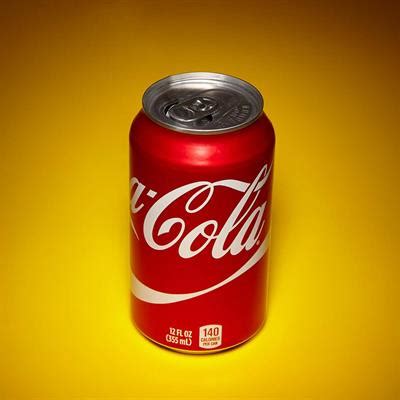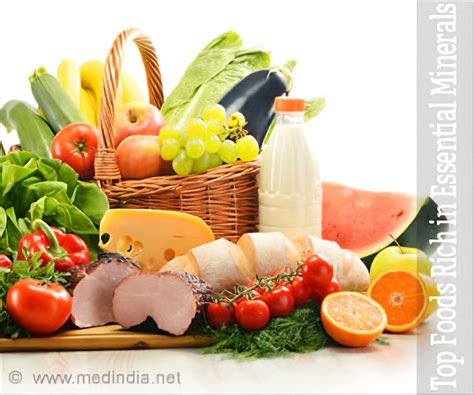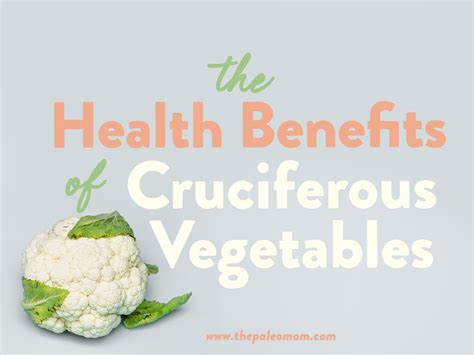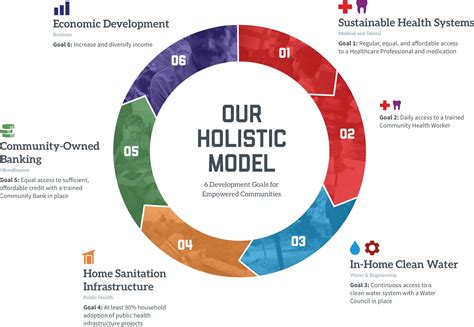How can diet naturally boost testosterone for peak male vitality?

Understanding Testosterone and Its Dietary Link
Testosterone is a vital hormone in men, playing a crucial role in muscle mass, bone density, libido, mood, and energy levels. While testosterone levels naturally decline with age, dietary choices can significantly impact its production and overall male vitality. Far from relying solely on external supplements, a strategic approach to nutrition offers a powerful, natural pathway to optimizing this essential hormone.

The Foundation: A Whole-Food, Nutrient-Dense Diet
Before diving into specific foods, the cornerstone of any testosterone-boosting diet is a commitment to whole, unprocessed foods. This means prioritizing lean proteins, complex carbohydrates, healthy fats, and a wide array of fruits and vegetables. Avoiding highly processed foods, excessive sugars, and unhealthy fats minimizes inflammation and supports optimal hormonal balance.
Key Macronutrients for Testosterone Support
- Healthy Fats: Essential for hormone production, as cholesterol is a precursor to testosterone. Focus on monounsaturated fats (avocados, olive oil, nuts) and polyunsaturated fats, especially omega-3 fatty acids (fatty fish like salmon, flaxseeds, chia seeds).
- Lean Protein: Adequate protein intake supports muscle maintenance and growth, which is intrinsically linked to testosterone levels. Good sources include lean meats, poultry, fish, eggs, and legumes.
- Complex Carbohydrates: Provide sustained energy and help regulate cortisol (a stress hormone that can suppress testosterone). Opt for whole grains, sweet potatoes, and fruits.
Essential Micronutrients That Boost Testosterone
Certain vitamins and minerals are critical cofactors in testosterone synthesis and regulation.
Zinc: The Mineral for Male Hormones
Zinc is paramount for testosterone production. Studies show that even a mild zinc deficiency can lead to reduced testosterone levels. Rich sources include:
- Oysters (one of the richest sources)
- Red meat and poultry
- Pumpkin seeds, cashews
- Beans, chickpeas
Vitamin D: The Sunshine Hormone
Often called the ‘sunshine vitamin,’ Vitamin D actually functions more like a steroid hormone in the body, with receptors found in the testes. Adequate Vitamin D levels are strongly correlated with higher testosterone. Sources include:
- Fatty fish (salmon, mackerel, tuna)
- Fortified dairy products and cereals
- Sunlight exposure (the primary natural source)

Magnesium: Enhancing Bioavailable Testosterone
Magnesium plays a role in numerous enzymatic reactions, including those involved in testosterone synthesis. It can also increase free (bioavailable) testosterone by reducing its binding to sex hormone-binding globulin (SHBG). Foods high in magnesium include:
- Leafy green vegetables (spinach, kale)
- Nuts and seeds (almonds, cashews, flaxseeds)
- Whole grains (brown rice, oats)
- Legumes
Other Supportive Nutrients
- Selenium: Found in Brazil nuts, fish, and eggs, selenium supports overall endocrine health.
- Vitamin K2: Emerging research suggests a role in testosterone production, found in fermented foods and certain animal products.
- Cruciferous Vegetables: Broccoli, cauliflower, cabbage, and Brussels sprouts contain indole-3-carbinol, which helps the body metabolize estrogen, potentially creating a more favorable testosterone-to-estrogen ratio.

Foods to Limit or Avoid
Just as certain foods can boost testosterone, others can hinder its production:
- Excessive Sugar and Refined Carbs: Can lead to insulin resistance and increased body fat, both detrimental to testosterone.
- Trans Fats and Highly Processed Foods: Promote inflammation and often displace nutrient-dense foods.
- Excessive Alcohol: Can directly impair testicular function and elevate estrogen levels.
- Soy Products (in excess): While moderate consumption is generally fine, very high intake of soy isoflavones could potentially impact hormone balance for some individuals.

Beyond the Plate: Lifestyle Factors
While diet is a cornerstone, remember that it works synergistically with other lifestyle choices for peak male vitality:
- Regular Exercise: Especially strength training and high-intensity interval training (HIIT).
- Adequate Sleep: 7-9 hours of quality sleep per night is crucial for hormone regulation.
- Stress Management: Chronic stress elevates cortisol, which can suppress testosterone.
Conclusion
Boosting testosterone naturally through diet is an achievable and sustainable goal. By focusing on a whole-food, nutrient-dense eating pattern rich in healthy fats, lean proteins, complex carbohydrates, and key micronutrients like zinc, Vitamin D, and magnesium, men can support their body’s natural hormone production. Coupled with a healthy lifestyle, these dietary strategies pave the way for enhanced energy, improved mood, and overall peak male vitality.









